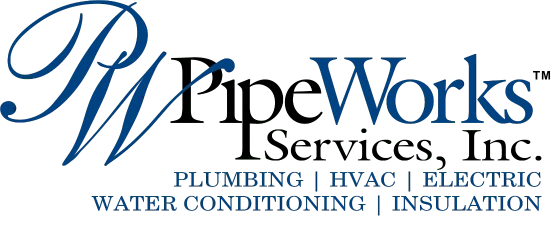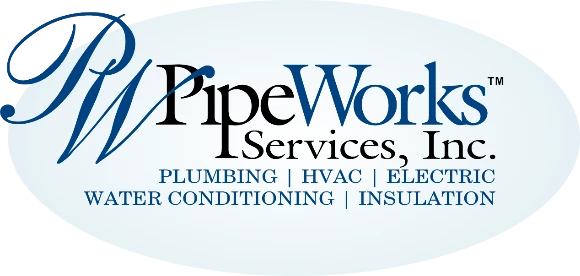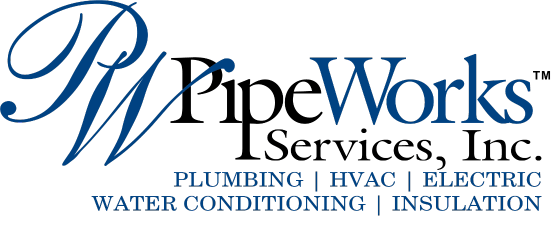It’s no secret that the right type of insulation can make a big difference in the comfort of your home and result in significant savings on your energy bills. Adequate coverage in your attic, foundation, and ductwork will help lower your energy costs and make your home healthier. But how do you know which type of insulation is best for your northern New Jersey home?
Three main types of insulation are commonly used in homes today, cellulose, fiberglass, and spray foam (open cell or closed cell). Each one offers effective R-values (the ability of insulation to slow the transfer of heat). If you know the differences and benefits of each type, you can make an informed decision on which type is best for your New Jersey home.
Fiberglass is made of highly spun glass fibers. It is nonorganic and does not burn. It also does not promote mold growth or absorb moisture. Fiberglass can be installed in sheets or blown in. One of the greatest benefits of fiberglass is the fact that it has a low settle rate and retains its original R-value. While most homeowners can install fiberglass sheets in their attics and basements, a professional usually should install loose blown-in insulation.
Cellulose is made from recycled paper, usually newspapers. It is treated with fire-retardant materials that do not give off toxic fumes if it burns. Cellulose can absorb moisture, and some studies indicate that fire-retardant chemicals may corrode your home’s pipes and wiring. Cellulose is normally blown in by professional installers and does settle after a time. This can reduce its R-value and effectiveness. If you choose cellulose, ask about the initial depth and the final settle rate so you get the R-value your home needs.
An alternative to traditional insulating materials that’s been gaining popularity among contractors and homeowners is spray foam. This type of insulation, often made of polyurethane, expands after being sprayed into an area (with an application gun). It provides strong thermal resistance as well as an effective barrier to air and moisture infiltration into your home. Spray foam insulation is usually applied to concrete slabs and roof tiles, as well as to wall cavities.
Contact Pipe Works Services with any questions you may have about the differences between insulating with fiberglass, cellulose, and spray foam. We’ve been serving Morris, Union, Somerset, and Essex counties since 2000, and have the knowledge and experience to help you choose the correct type, and help you insulate your home properly. Our goal is to help educate our customers in Chatham, NJ, and surrounding areas about energy and home comfort issues (specific to HVAC systems).




